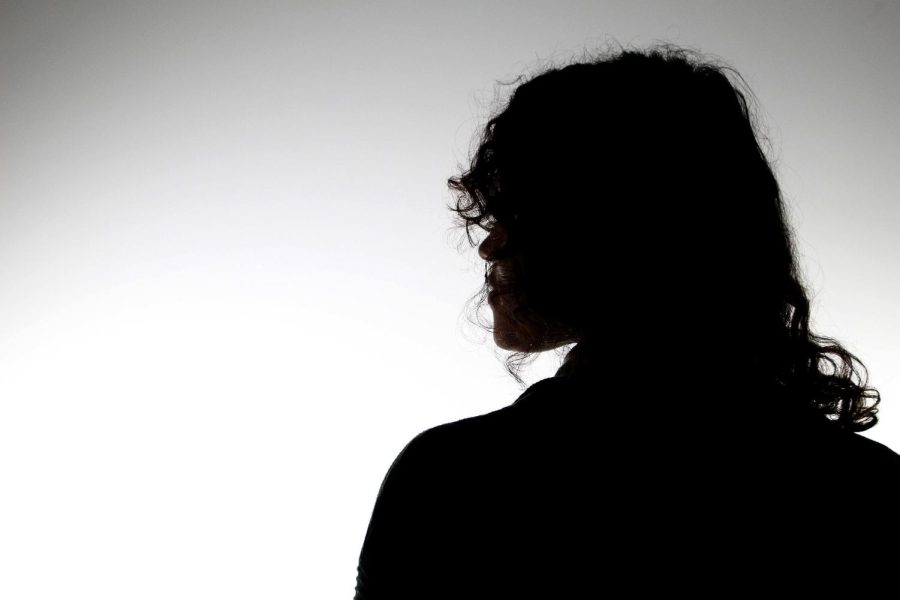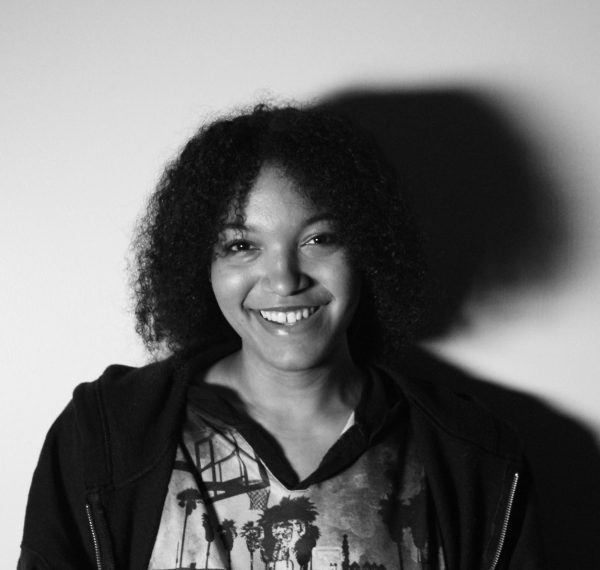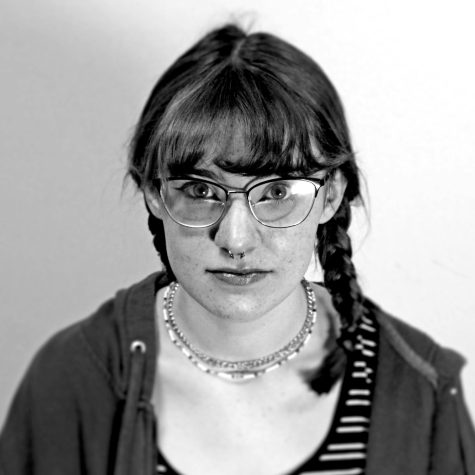Opinion: It’s time to confront racism at MCHS
As racial discrimination becomes more visible at both campuses, it’s time to call out behavior that hurts our classmates and community
When students at MCHS hear racist comments, many ignore it — or, worse laugh at it. When students are approached about their behavior, their quick response is, “I didn’t know.” It’s time MCHS does better at confronting and taking responsibility for this behavior.
April 20, 2023
Would you call out your friend if they were being racist?
Obviously your first answer should be yes, but it doesn’t appear to be that easy to execute anymore at MCHS, if it was ever easy to begin with. It’s simpler to brush off racism if it doesn’t affect you, but in doing that you are hurting others more.
There’s no question about the discrimination that cultivates in MCHS. Casual racism slips by in conversations, unknowingly adding to the weight on the shoulders of minorities in this school. Actions must be taken by everyone to create a place where students can learn, staff can teach, and everyone has common decency.
Racial discrimination can be described in MCHS as a triangle, with three categories. The bottom of this triangle consists of microaggressions; phrases or suggestive actions that you have to read in between the lines to understand the meaning. “Is that your real hair?” “No, where are you really from?” “You’re good with numbers, right?” “You speak great English!” “Oh, I don’t see color.” Minorities experience this casual racist culture, and since it’s not a flat out slur or obvious oppression — it can be a lot harder for those students to call out what someone says.
Being a token in most friend groups, I often find myself nervous of confrontation; I don’t want to be seen as a “rude” or “sensitive black girl,” essentially gaslighting myself. Being a part of this fraction of the student body, I feel as though I’m being obligated to represent my race; this means having to put forth a sweet, articulate, and outgoing personality to combat the negative stereotypes that I know people apply to me when I walk by them. Microaggressions contribute to the normalization of a bigger problem.
Although microaggressions aren’t always easy to spot or call out, straight up racism is. The middle chunk of this triangle consists of conscious discrimination. Racist “jokes” or spitting slurs, mentioned earlier, fit into this category. It can also be daunting for a person of color to call out such behavior.
A common phrase after being called out for racial intolerance is a quick “I didn’t know,” and for those who really do not understand the underlying message that those snarky remarks or acts depict — use this article as an opener to the minority perspective. There has been cultural conditioning since we were children, no doubt, so it’s understandable to an extent how people can be ignorant to some issues.
However, when you are a white student who is attending a school with a white majority, it’s pretty easy to see the unconscious biased behavior exhibited by those students. Then, you’ll often hear those students being called out for saying the notorious N-word, some even recording themselves saying it to send to others. It’s unfortunate and embarrassing to watch happen so frequently; it also puts minorities in the hot seat, everyone wanting to know what they think about it. Now you know what I think.
The cherry on top, the tip of this triangle is overt acts of racism. Doing things that make minorities feel unsafe, or watched while walking down the halls occupy this level. Now, students that partake in this aren’t always directing it towards someone to hurt them. However, the conscious bias that the student holds can affect someone else’s conscious or unconscious bias; can you see the domino effect?
If people knowingly have conscious bias though, why do they perpetuate stereotypes? Family, friends, environment, and a person’s own morals can contribute to those inflammatory acts, and the biases one has. Learning to not just bash a person, but criticizing their actions to the fullest is very important to helping a person understand why they are being completely inappropriate.
Clearer forms of racism are so easy to call out, meaning everyone should really be able to call people out. So why do we hesitate? How do we work to retract a kind of behavior that’s so widely acknowledged? To understand the root of the problem, that requires extensive research — not only for staff, but students as well. But kids barely even want to do research for a paper, so that’s highly unlikely.
Although students, or even you, may not understand the nuances of racism in the school system, we can all work to create a more comfortable culture for the rest of us who don’t feel like we have a place. Would you call out your friend if they were being racist?













